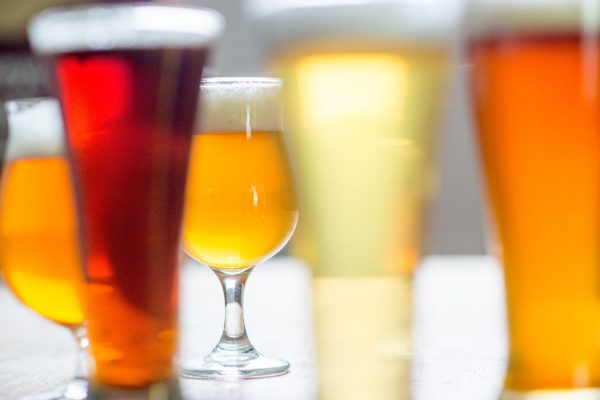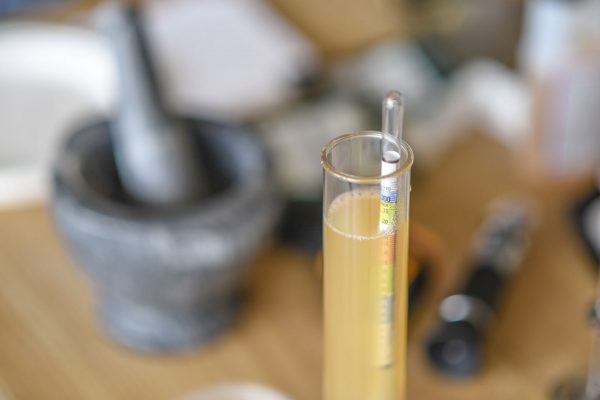
Seminar
Kimchi for the Homebrewer
Learn how to make kimchi at home. It’s easy and delicious! Kimchi can easily be customized to your personal preferences, too. Many of the principles involved with kimchi can also be applied to other fermented foods.
Peruse pairings, learn how to make beer, cider, mead, kombucha, and other alternative fermentations, get DIY tutorials, and much more in our archives.

Seminar
Learn how to make kimchi at home. It’s easy and delicious! Kimchi can easily be customized to your personal preferences, too. Many of the principles involved with kimchi can also be applied to other fermented foods.

Seminar
Our panel of experts will explore the history of kombucha from its earliest documented existence to its evolution into a commercially significant product. We will explore the intriguing and complex microbiology that underlies this mixed fermentation and culminates in the…

Seminar
Have you ever wondered why your Simcoe hop addition is fruity when added as a late-kettle addition but “catty” as a dry hop? If you want your Hallertau to express more spice notes than vegetal character, should you add it…

Seminar
Join beer historian Ronald Pattinson as he highlights the last two centuries of Scottish beer history and debunks many myths that have sprung up around Scottish brewing. Ron will discuss ingredients, brewing techniques, beers styles, and how each of these…

Seminar
How should you use a hop you’ve never heard of? Why are New World hops different? What’s a thiol? How come nobody warned us about hop creep? We’ll consider these questions, talk about the latest scientific research, and vote for…

Seminar
No homebrewing topic is off limits in this interactive Q&A panel with homebrewing luminaries Brad Smith, John Palmer, and Drew Beechum. Lamenting on lagers? Interested in isinglass? Curious about carbonation? Puzzled about Pediococcus? Overanalyzing alpha acids? Bring your toughest homebrewing…

Seminar
Many DIY brewers are learning about microcontrollers, advanced temperature control, flow measurement and control, volume sensing, and dissolved oxygen measurement to improve quality and ensure consistency from batch to batch. We will discuss the capabilities and advantages of automation, from…

Seminar
In his two-year journey to a brewing science degree, and in his time as a professional brewer, James has had many “Aha!” moments—times when he realized that a specific technique or bit of knowledge could help his homebrew. Join James…

Seminar
The deep copper color, vanilla aroma, and notes of caramel and burnt marshmallow of bochet have long been of interest to us. But, all too often, a bochet passed to us at a club meeting or sampled at Club Night…

Seminar
Making beer-style mead involves more than just adding hops. This presentation covers everything that goes into making recipes that truly walk the fine line between these two amazing craft beverages.
Share Post